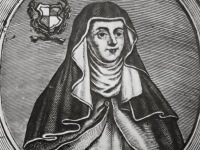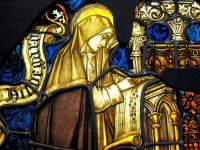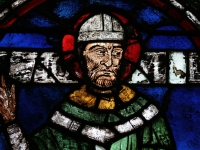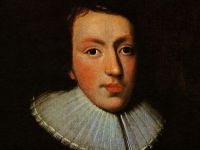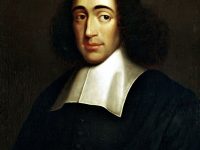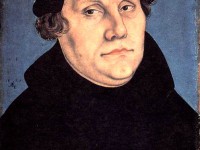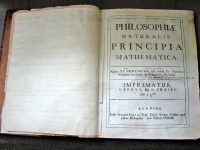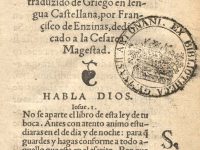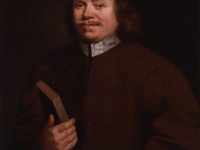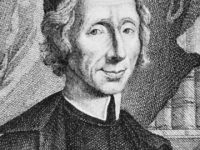Hrotsvitha of Gandersheim – The Most Remarkable Women of her Time
Although her date of birth is not known exactly, today’s post features “the most remarkable woman” of the early middle ages, Hrotsvitha of Gandersheim (in German also often referred to as Roswitha, and attributed as ‘the mighty voice‘ or the ‘Nightingale of Gandersheim‘). Hrotsvitha of Gandersheim was a 10th-century German secular canoness, as well as a dramatist and poet who lived and worked at Gandersheim Abbey in modern-day Bad Gandersheim, Lower Saxony, Germany,…
Read more

